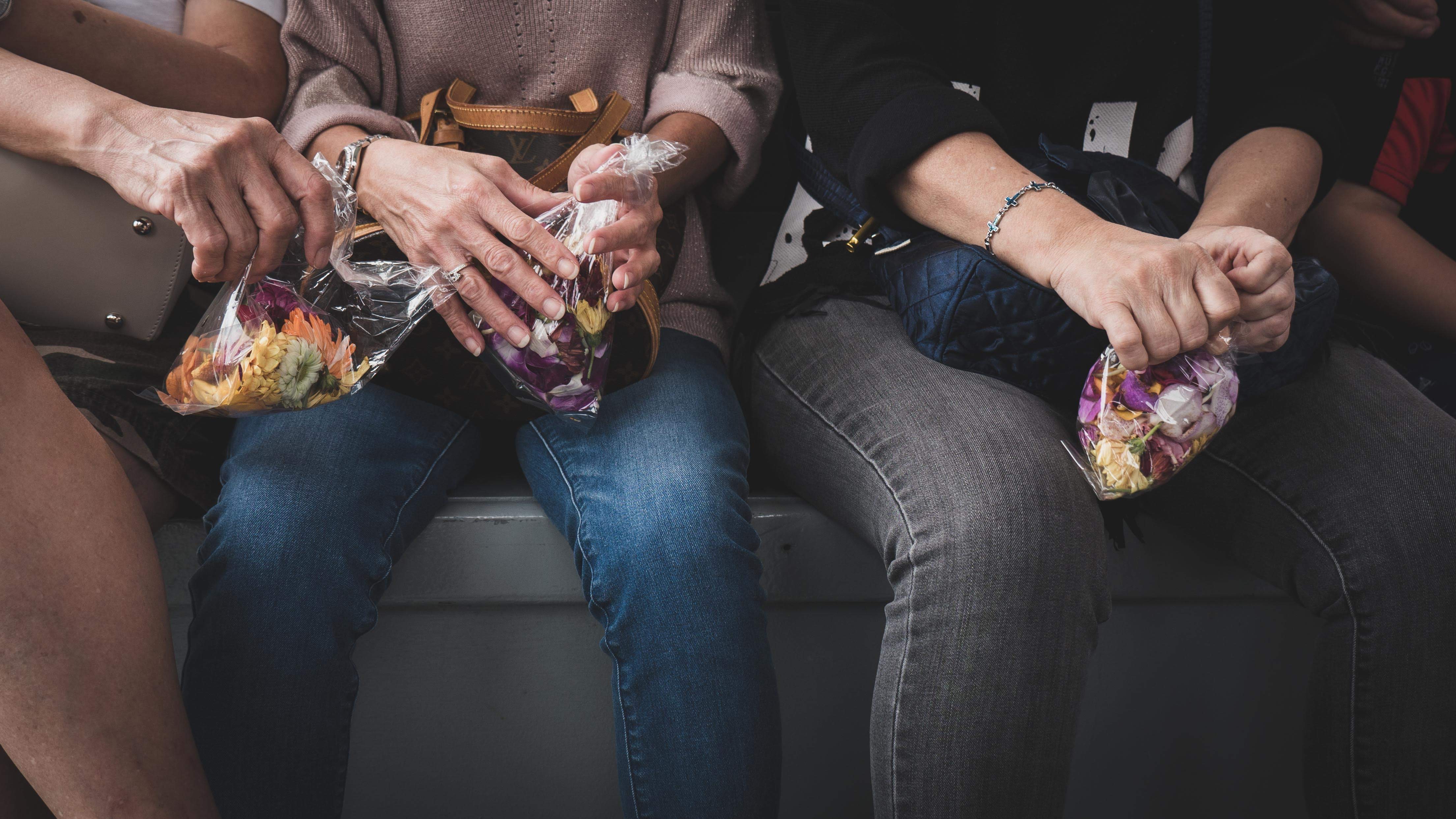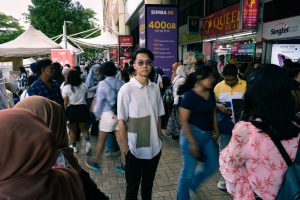It’s a common refrain these days that the coronavirus doesn’t discriminate. Yet social policies, even those meant to provide relief from the pandemic, do.
Even before the coronavirus outbreak, the migrant spouses of Singaporean citizens found themselves in a country that did not treat them on par with citizens. Then the pandemic arrived, and these inequalities were thrust into sharp relief.
Migrant spouses, who are mostly women, have featured prominently in the composition of our households for the past decade. One-third of all marriages in Singapore are between a Singaporean citizen and a migrant spouse. Experts estimate approximately 70% of these marriages are between a low-income Singaporean man and a migrant wife from Southeast Asia.
AWARE surveyed 36 low-income migrant spouses in April 2020, to assess how Covid-19 has affected them, what strategies they are using to cope with the effects, and what they think the future holds for them. Most of the individuals we spoke to are facing all the economic hardships and struggles of a low-income Singaporean household trying to survive the coronavirus pandemic, but with the added complication of being ineligible, due to their migrant status, for most of the government support announced recently.
This may not seem problematic to many—indeed, many states prioritise their resources first and foremost for citizens in need. It does, however, beg the question: How can we continue to expect migrant spouses to sustain the lives and relationships of families in Singapore, without including them in our social compact?
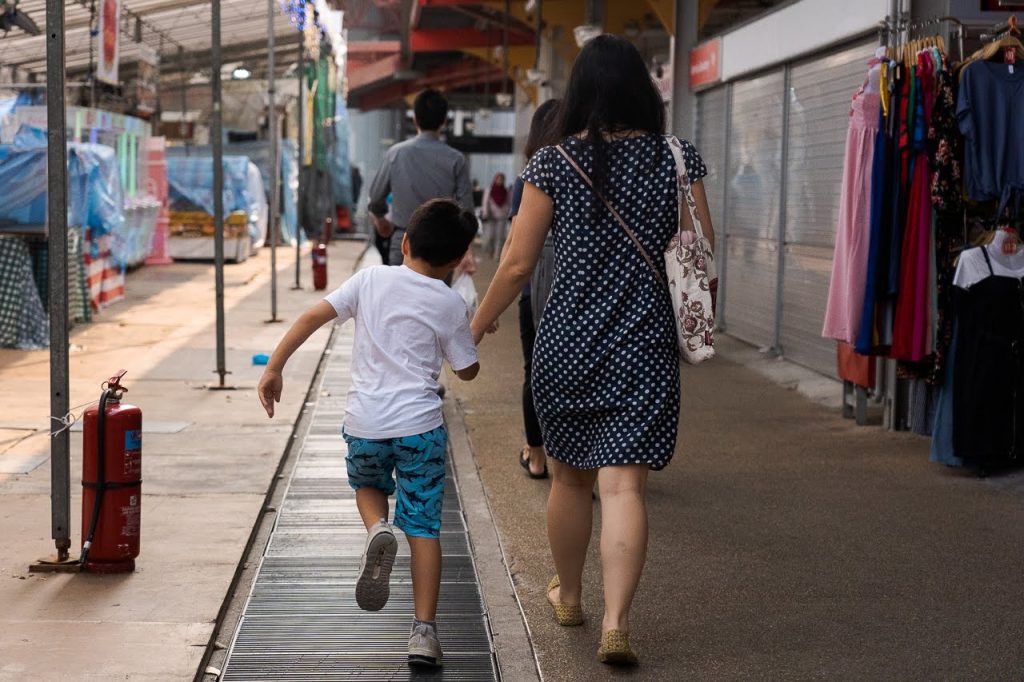
We recruited respondents mostly through partner organisations, such as Family Service Centres (FSCs). Among those we interviewed, four were men.
Singaporeans are required to sponsor applications for their spouses to one of these passes: Social Visit Pass, Long Term Visit Pass (LTVP), Long Term Visit Plus Pass (LTVP+), Employment Pass or Permanent Residency (PR).
Each pass comes with a set of associated privileges, such as the right to work and length of stay, with PR being the top pick. These different passes therefore create a gradation among migrant spouses. The criteria used to determine which migrant spouses are granted PR, rather than the more limited LTVP+ or LTVP, has been left opaque to avoid the risk of the system being taken advantage of.
All but one of the migrant spouses we interviewed were on either LTVP/LTVP+, which researchers say are typically granted to low-skilled and less educated migrant spouses. Sixty per cent of them stayed in HDB rental flats, and roughly the same number had up to two children. The household income of 80% of them was under $2,000.
The experiences captured through our interviews may not be generally applicable, but they do provide a peek into the uneven impact of the coronavirus pandemic on a vulnerable group.
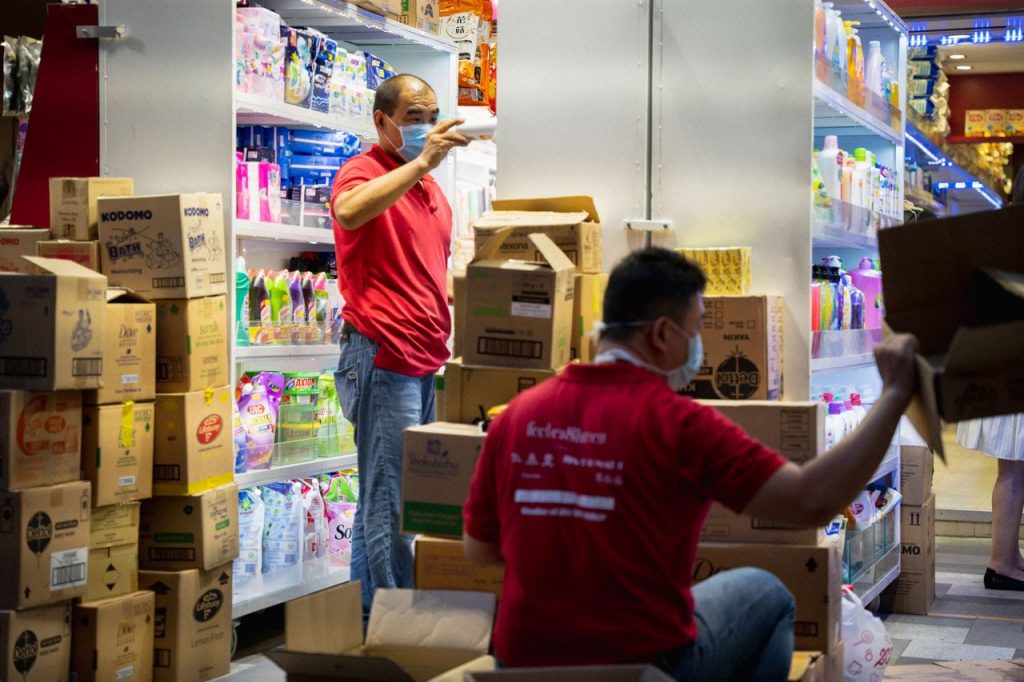
90% of our respondents have either lost their jobs entirely or have seen a drastic decrease in income since the onset of Covid-19. Like many low-wage workers, foreign spouses also worked in industries where jobs are contracted, such as retail, F&B, cleaning, etc.
Social distancing is a privilege that many migrant spouses can’t afford. Unlike those of us who can work from home and continue to receive a paycheck, 46% of the migrant spouses we spoke to were not drawing any income from work because their roles didn’t allow them to work from home. Technically they were still employed, but their households had to deal with the same level of economic shock as those who had lost jobs entirely. Other reasons they lost jobs and/or income include a lack of childcare, which would allow migrant spouses with young kids to work, and retrenchment, because the businesses they were working for were no longer economically viable.
These economic losses have meant that transnational families are forced to cut back on expenses on basic needs such as food. Hila*, a married migrant spouse with no children, is coping on instant noodles, with just one or two meals a day. Nurit*, a migrant spouse with two children (one Singaporean, the other a non-citizen) says she won’t be able to pay rent for her HDB rental despite continuing to work part-time. Covid-19 has decreased her income from work by $850 a month. Hila, on the other hand, had hers decreased by $300.
Of the respondents with children, three in four have at least one Singaporean child. Migrant parents—like many other parents—are having to explain to them that they cannot afford to pay for tuition, laptops for home-based learning, clothes and toys, and in one case, a birthday present. Job and income losses affect not only migrant spouses, but their citizen children too.
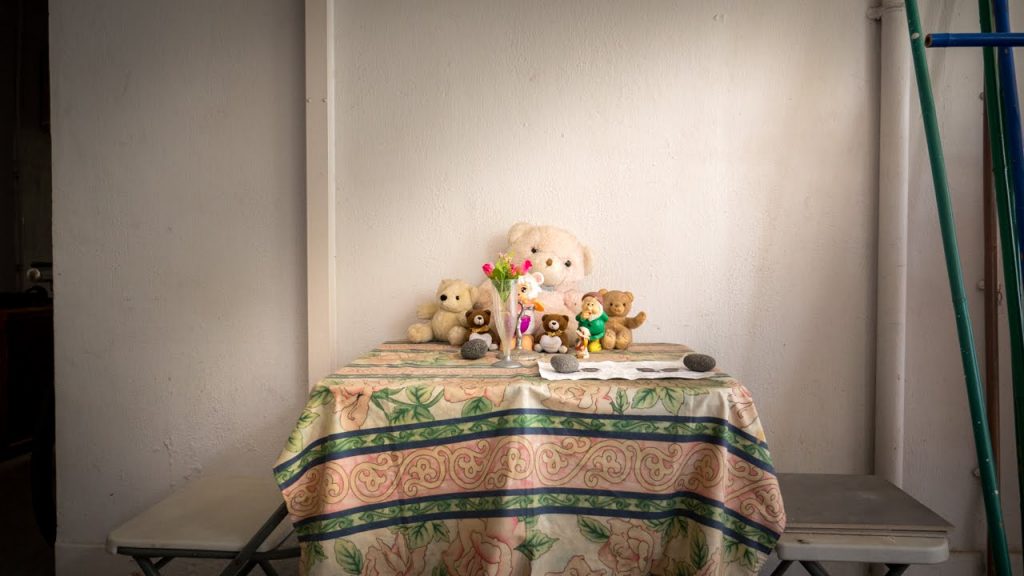
Migrant spouses are well-aware that work is the key to meeting their basic needs. Most who have lost jobs because of Covid-19 are looking for new ones, although only one in this group is confident of being successful in this search. Others are less self-assured because they believe that either the future economy doesn’t hold enough jobs, or employers are likely to only be hiring locals.
Wage support for employers to retain and continue to pay employees only extends to local employees, i.e. Singaporeans and PR. In the absence of similar incentives aimed at migrant spouses, struggling employers may not be able to keep those on LTVP/LTVP+ or employment passes.
Wazirah*,a divorced migrant spouse on an employment pass, lost her job because of Covid-19, and with it the right to remain in Singapore. Unless she can find a new job quickly—which is unlikely, given the way employer support is structured—or a local sponsor (as she’s estranged from her ex-husband’s family), Wazirah will have to leave the country in a couple of weeks. She is working with her social worker to see if her 8-year-old daughter, for whom she is the primary caregiver, can be allowed to sponsor her LTVP application.
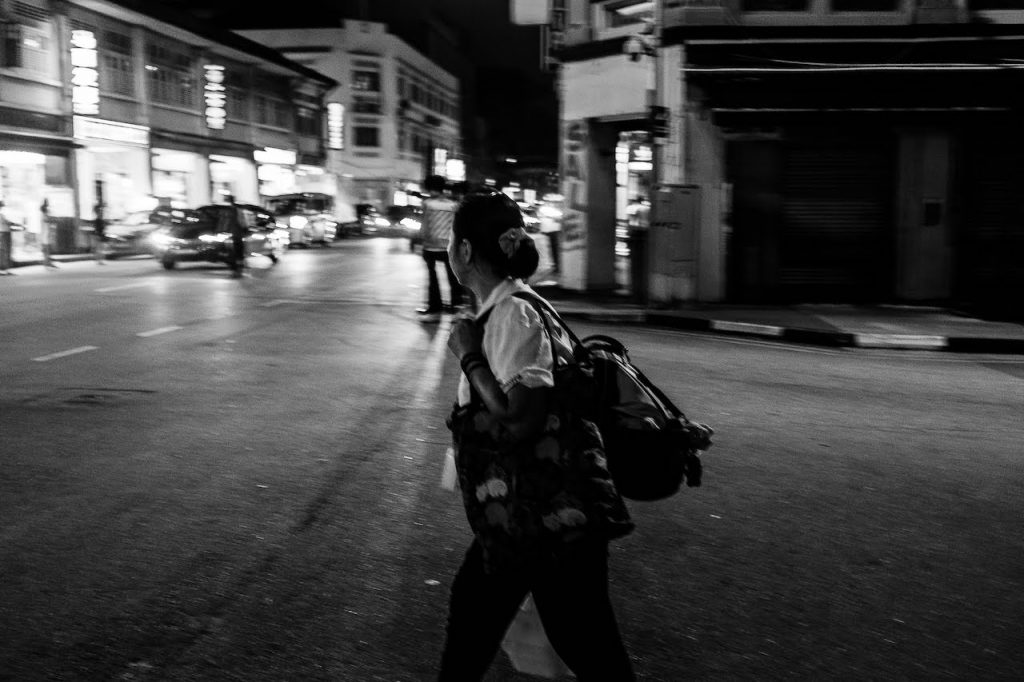
Even if migrant spouses were to successfully find jobs in the not-so-distant future, they are still likely to require financial assistance in the short to medium term, so that they can pay rent and meet other basic needs.
The government has dug deep into its financial pockets to provide an unprecedented amount of financial assistance to those affected by the coronavirus pandemic. Unfortunately, this provides little solace to migrant spouses on LTVP/LTVP+, who are not eligible for most of the schemes announced. They can avail of a one-off solidarity payment of $300, but even that is available only to those on LTVP+, not LTVP.
The government does provide relief to those who do not fulfil the criteria on a case by case basis. Yet this leaves many migrant spouses in a state of limbo, not knowing whether or not they will have enough to make ends meet. Appeals may also take longer during this period, given that the number of people the government is providing support to has increased dramatically.
The government should consider relaxing the citizenship criteria for Covid-19-related financial assistance and make it available for all migrant spouses with a Singaporean in their household, without the need for an appeal. In the long-term, every migrant spouse should be granted an LTVP, with the automatic right to work, and a clearly defined path to PR and citizenship.
These will ensure that the labour and care we expect migrant spouses to perform in Singapore is acknowledged, and they are made to feel like they belong.

